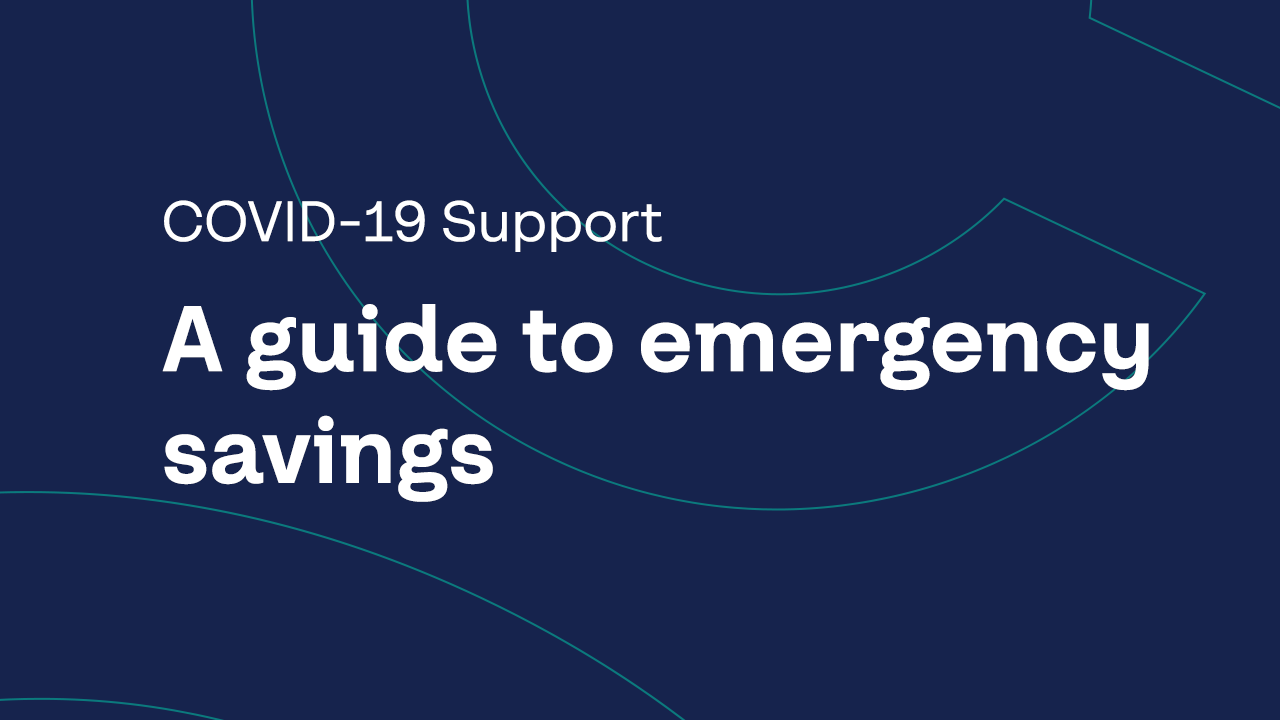What’s not to love about GICs? They’re low risk, low maintenance, don’t have fees and usually come with a fixed rate. Best of all, when you break it down, it literally earns you free money. And free is our favourite word.
So how does a term work? In short, you put a set amount of money aside in the GIC investment at a set interest rate for a set amount of time. After the end of the term, you get paid the interest you’ve earned over the term. For example, if you put $10,000 into a 12-month GIC at 2.7% interest, you’d end up with $10,270 after the 12 months.
That’s an extra $270 you wouldn’t have made if you had kept it in a no-interest chequing account. See? Free money.
A GIC is also a great tool for financial discipline since you commit to leaving the funds in the GIC for a certain amount of time. In other words, you lock your money away from your chequing account so you can’t access it on impulse. But before you commit to locking your money away, let’s get your GIC knowledge up to speed.
Timeframe
The most important thing to consider is time. How much time do you have? What can you commit to? What is the purpose of this term? In most cases, once you sign on the dotted line, you can only break a term in the event of death or a financial emergency, so think this one through.
Long term
So, you have some cash you’d like to put aside for the long term? A GIC like this could be a good option for you. Usually, this will give you a higher interest rate, but also consider the potential return you can get from other types of investments as well. Talk to a financial expert about your goals – if you have a very low-risk tolerance, a GIC like this could be a good option for you.
Short term
There are GIC that you can redeem after 30 days. Again, whether or not this is suitable for you will depend on what your goals are. You’ll probably get a lower interest rate than the long-term but you’ll be able to access your funds sooner. That’s why it’s helpful to talk to an expert – we can help you figure out what’s best for you to reach your goals.
Depending on the amount you want to put away, you could even break up your money into different kinds of terms. Instead of putting all your eggs in one basket, you can divide your money into short, medium and long terms or any combination that works for you. This allows you more freedom and less commitment in an emergency.
Non-Registered terms, TFSA or RRSP?
There are different accounts in which a GIC can be created. It’s important to know which one is going to work best for you so before you create a term, it’s best to talk to an advisor.
RRSP
Opening a term through your Registered Retirement Savings Plan (RRSP) is best when your timeline is long. That is, you don’t plan on taking the money out until you retire. There are a few other things you can use your RRSP for, like making a redemption under the First Time Homebuyer’s Plan.
TFSA
When it comes time to do your annual taxes, if you make over $50 in interest you must declare it as taxable income. But you won’t have to declare it if the interest was made in your Tax-Free Savings Account (TFSA). Keep in mind the contribution limits when depositing and withdrawing funds from your TFSA.
Non-Registered terms
If your TFSA is maxed out and your timeline is short so you wouldn’t want to put it into RRSPs, then another option is a non-registered term that isn’t connected to any other account or plan.
To term or not to term?
If you’d like a hand to figure out the right term for you, we’re here to help. Check out our latest GIC offers and get in touch. We’ll help you assess your unique goals and make sure your money is working as hard as possible to get you there.



